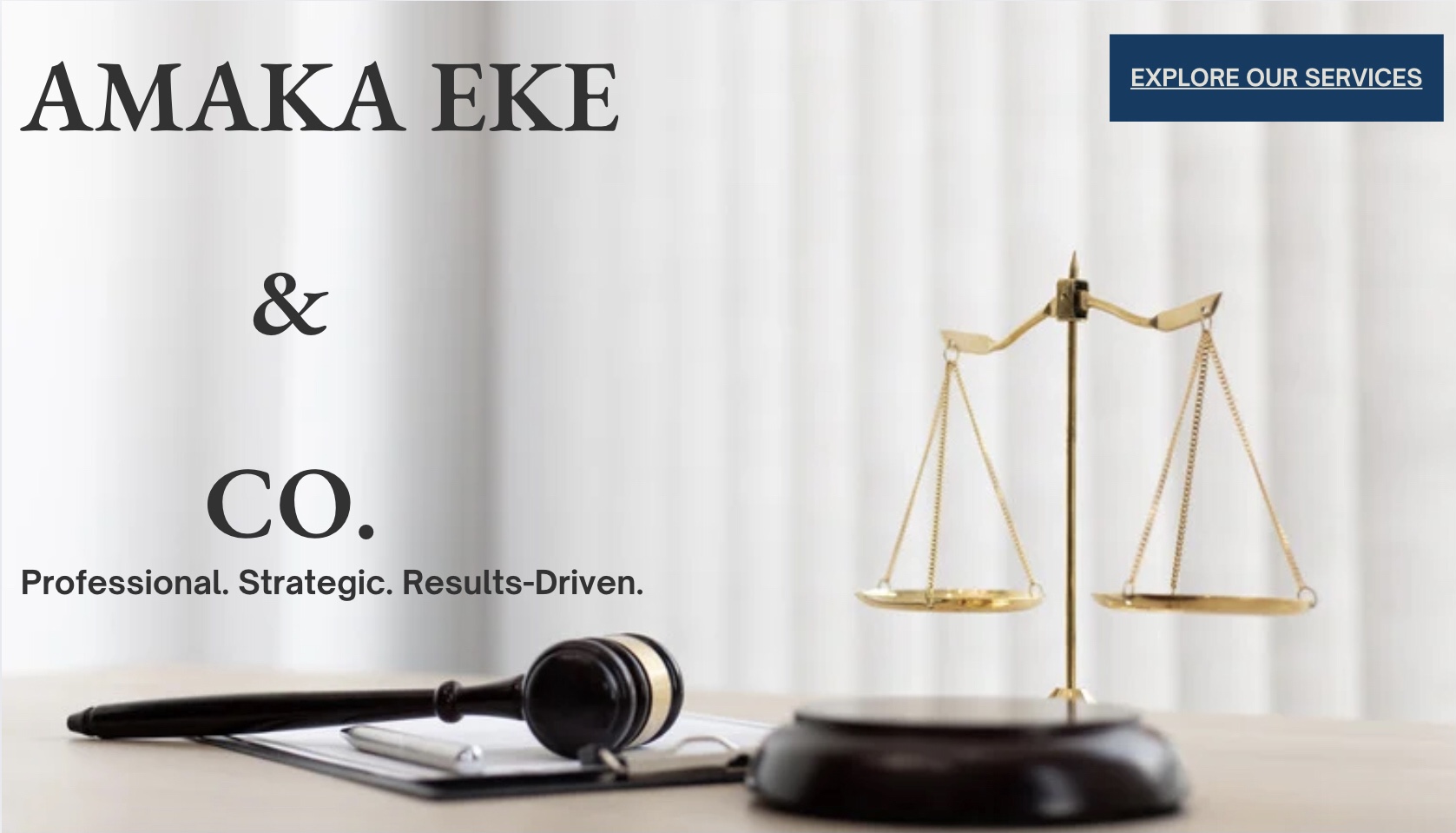When a party obtains a favorable monetary judgment from a court, the next important step is enforcement—especially when the judgment debtor fails or refuses to pay. One of the effective enforcement mechanisms under Nigerian law is a garnishee proceeding. This legal tool empowers a judgment creditor to recover the judgment sum from third parties (often banks) holding funds on behalf of the judgment debtor.
What is a Garnishee Proceeding?
Garnishee proceedings are post-judgment enforcement actions initiated by a judgment creditor to attach debts owed to the judgment debtor by a third party (the garnishee). The most common garnishees are commercial banks where the judgment debtor maintains accounts.
This process is governed by:
Section 83 and 86 of the Sheriffs and Civil Process Act,
Judgment (Enforcement) Rules, particularly Order VIII,
Relevant rules of the court, such as Order 25 Rule 2(1) of the FCT District Court Rules 2021
When Can Garnishee Proceedings Be Initiated?
To commence garnishee proceedings, the following conditions must be satisfied:
A valid judgment awarding a monetary sum must have been obtained.
The judgment must remain unsatisfied.
The specific amount owed should be ascertainable.
There must be reasonable belief that the garnishee (typically a bank) holds funds belonging to the judgment debtor.
Two-Stage Process: Order Nisi and Order Absolute
Garnishee Order Nisi: This is the first stage where the court directs the garnishee to temporarily freeze the debtor’s funds and appear in court to explain why the amount should not be paid to the judgment creditor.
Garnishee Order Absolute: If the garnishee fails to show sufficient cause or does not dispute the debt, the court may make the order absolute, thereby compelling the garnishee to release the attached funds directly to the judgment creditor.
Why This Process Matters
Garnishee proceedings are essential to uphold the rule of law by ensuring that successful litigants enjoy the fruits of their judgment. Nigerian courts have repeatedly emphasized that enforcement of judgments is not optional—it is integral to justice.
Case Law Support
The Nigerian courts have laid down guiding principles for garnishee proceedings in several decisions, including:
Union Bank of Nigeria Plc v. Boney Marcus Industries Ltd (2005) All FWLR Pt. 278 at 1037
UBA Plc v. Ekanem (2010) 6 NWLR Pt. 1190 at 207
Purification Techniques (Nig.) Ltd v. A.G. Lagos State (2004) 9 NWLR Pt. 879 at 665
Ofoma v. IBWA (1993) 4 NWLR Pt. 285 at 86
These cases affirm the courts’ authority to enforce judgments through garnishee orders, even if the original judgment was delivered by a higher court.
Conclusion
Garnishee proceedings serve as a critical tool in the Nigerian legal system for the enforcement of monetary judgments. They offer a structured and lawful route to recovering judgment debts from third parties, ensuring that justice is not only declared but delivered.
Disclaimer:
This blog post is for informational purposes only and does not constitute legal advice. For guidance specific to your situation, consult a qualified legal practitioner.
